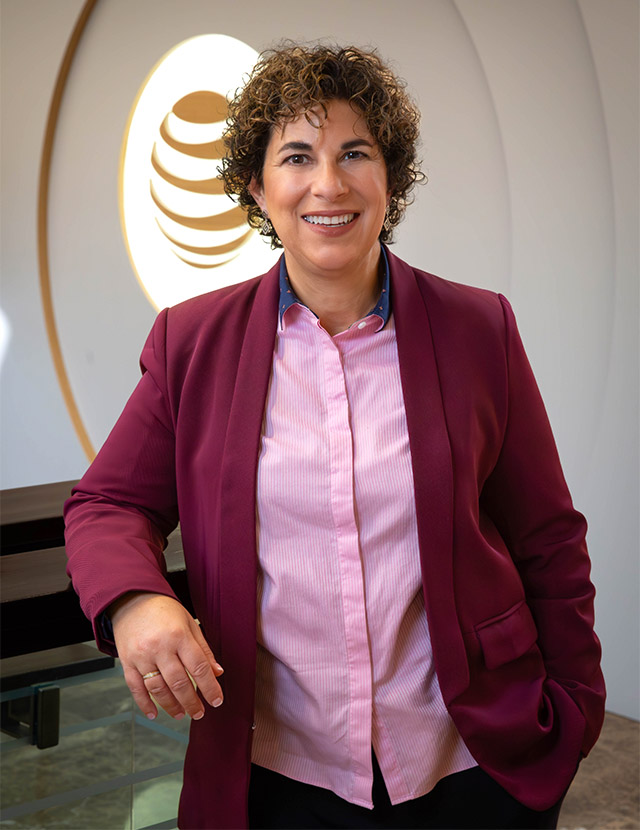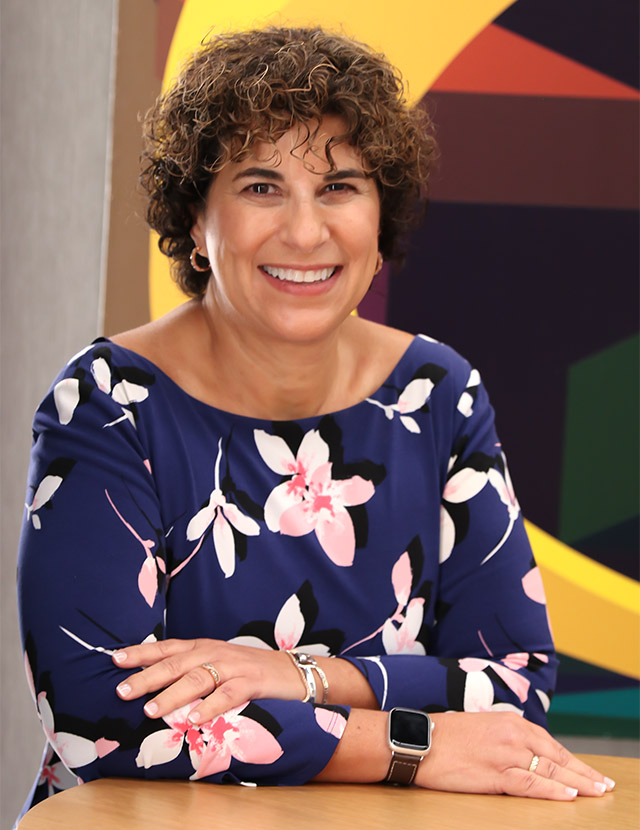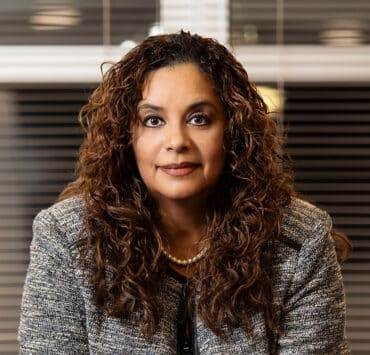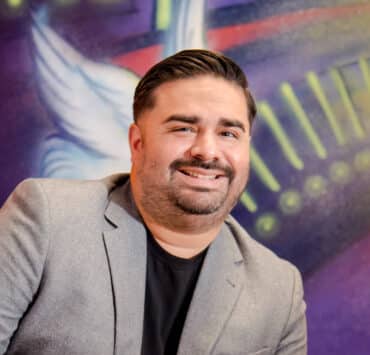|
Getting your Trinity Audio player ready...
|
Lisette Méndez is the daughter of Cuban immigrants who came to the states with little to no education. They relied on their practical skills and common sense to help build a life for their family in an unfamiliar place. Safe to say that it rubbed off on Méndez, who was born with an insatiable appetite for knowledge and a knack for problem-solving.
“I loved learning, whether it was watching my father work on projects, watching my mom cook or watching TV to teach myself how to play tennis,” she says. “In the summers, we didn’t use air conditioning, so I spent hours in the library reading books and learning about as much as I could. Those things instilled my core values of curiosity, taking risks, learning new things, and imagining how people in different places lived.”
As a person who was drawn to cause and effect and patterns, Méndez grew up believing her future would be in STEM. Her interests prompted her to get an engineering degree from the University of Pennsylvania and to take on an engineering role at AT&T more than thirty years ago.

But her love for continuous learning wouldn’t allow her to stop there. As she rose the ranks in the company, she kept working on cross-organizational projects and in roles that were closer to the finance department, including as a director of payment processing for business customers. She became increasingly intrigued by a key challenge financial professionals face—the ability “to go beyond the numbers.”
“The numbers are the easy part. It’s really about how to be a strategic partner with the business to help them solve problems that are reflected in the numbers,” Méndez explains. “It is always exciting to understand the business, create key performance indicators to help my colleagues see how certain actions manifest themselves in the numbers. Also, as I took on cross-organizational projects, I realized that I was good at connecting what was happening operationally and financially.”
Leaders started to notice that strength and encouraged her to get an MBA in finance, to obtain her CPA license, and to take on greater responsibilities. By the time SBC and AT&T merged in 2005, she was formally re-organized into the finance department. She went on to serve in a wide variety of leadership roles within finance, including supporting internal controls and Sarbanes-Oxley, a CFO director of customer services and technical sales, a director of strategic investment analysis, and an assistant vice president of corporate financial planning directly supporting the CFO and board of directors.
Today, she serves as vice president finance and Latin America controller. As the controller she oversees a scaling mobility business that generated more than $3 billion of revenue in 2022. She is also the finance operations executive leading company-wide payroll and accounts payable. In her roles, she’s proud to be an empathetic leader who encourages risk and who’s committed to growth.
“I lead by listening, asking questions and trying not to be prescriptive,” she says. “I try not to focus on what went wrong but what my teammates might have learned. I once heard that failure is a fertilizer; that resonates with me. I also put an emphasis on collaborating while driving a level of accountability.”

The decades Méndez has spent at the company have been filled with highlights, including helping the company develop a 5G strategic business case before it was a hot-button topic of conversation. But one of her proudest moments was being called to step into her role as Latin America controller in 2021. She loves getting to speak Spanish at work. She also loves that it’s allowed her to focus on transformation to help team members navigate through change.
“Change is hard for people. The pace of change and evolving technology like AI is going to be a fascinating catalyst,” she explains. “It’s an area where I am going to be working with my team to embrace. There is a lot of opportunity for generative-AI. It will be important for my team; the key is going to be how they embrace it to upskill their skill sets.”
Méndez admits that in the early stages of her career, she wasn’t intentional about pursuing her goals. She says she “ended up going where people wanted me to go and relying on my work to speak for me,” a pattern that hindered her growth. That’s why she advises young people to speak up about what they want and where they want to be in order to be successful.
“Raise your voice,” Méndez says. “Others, including me, will want to hear what you have to say.”

